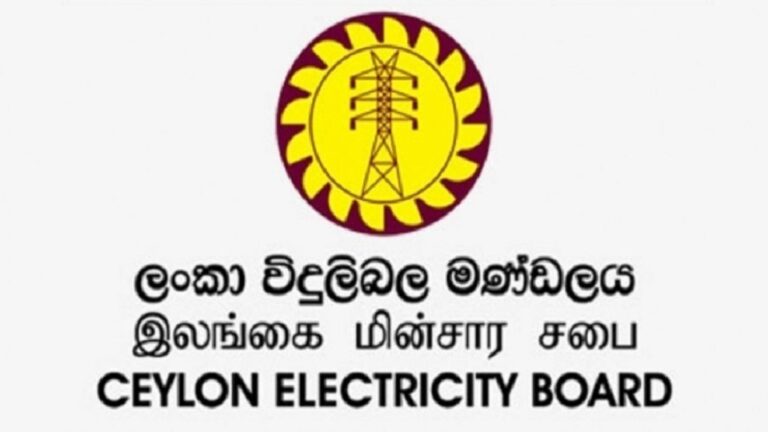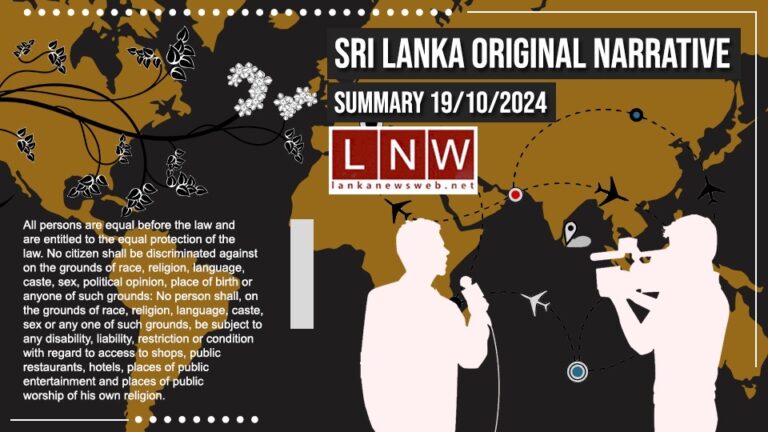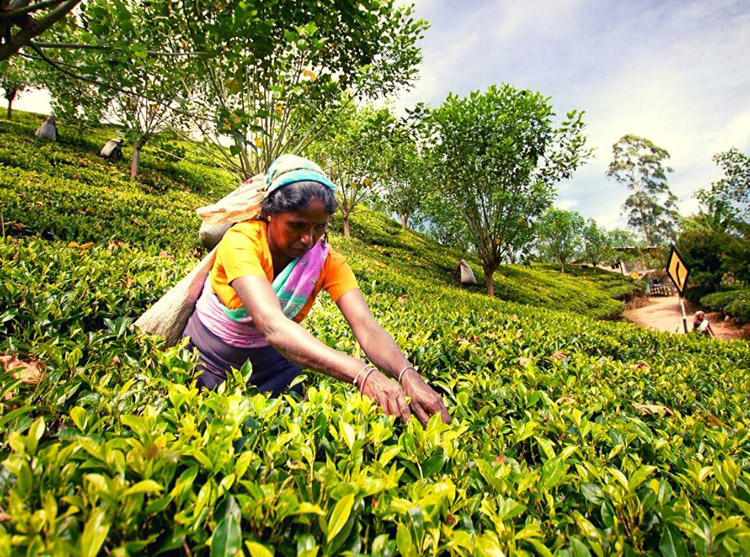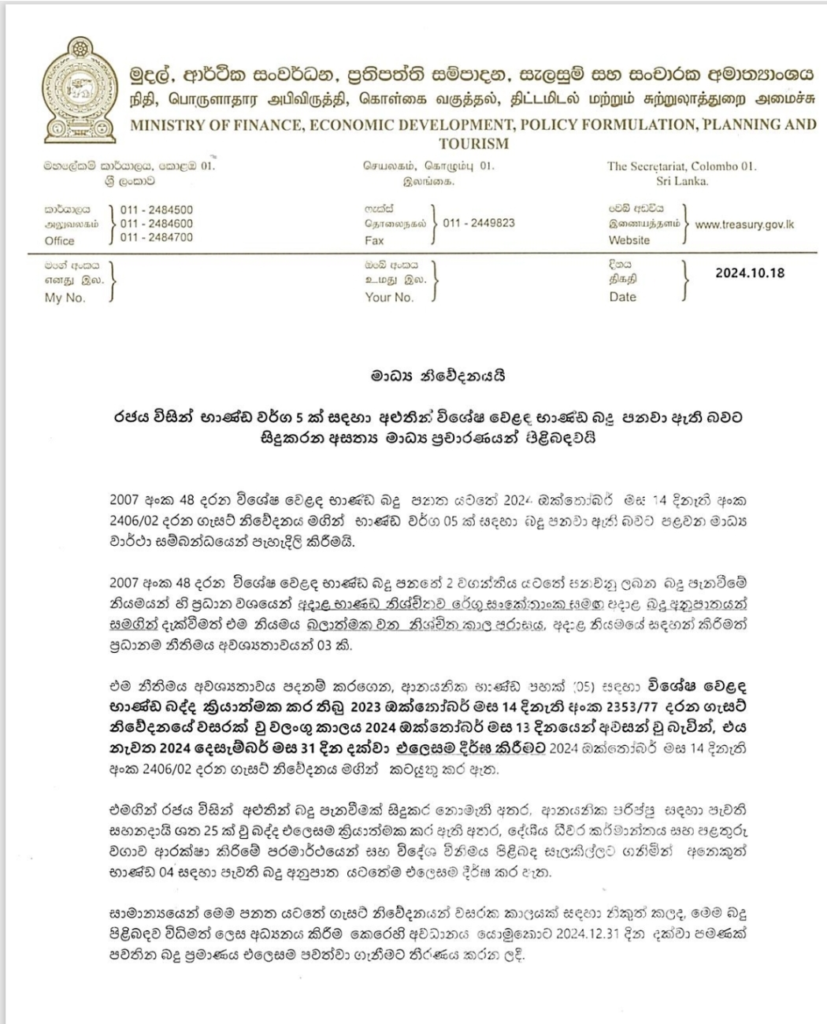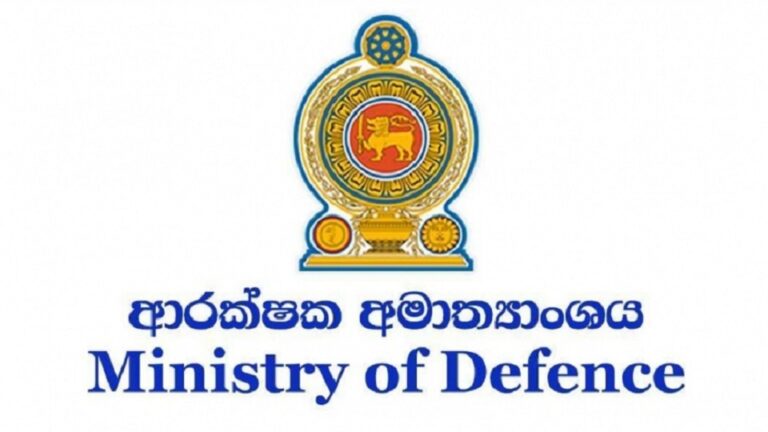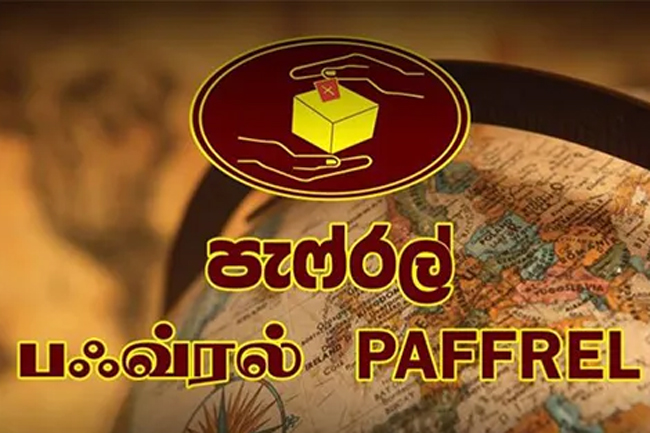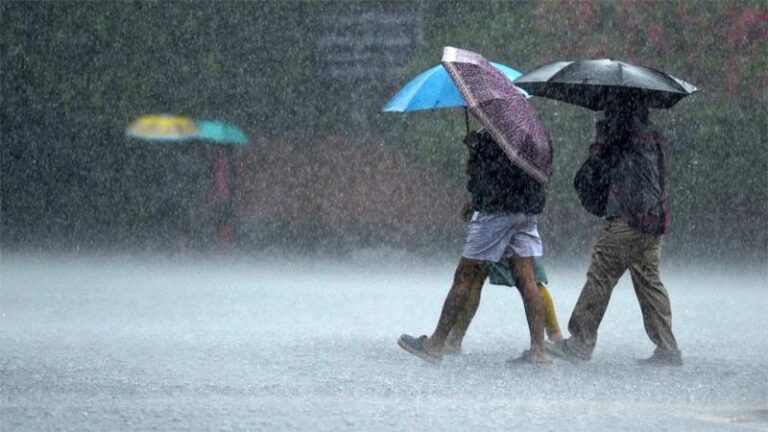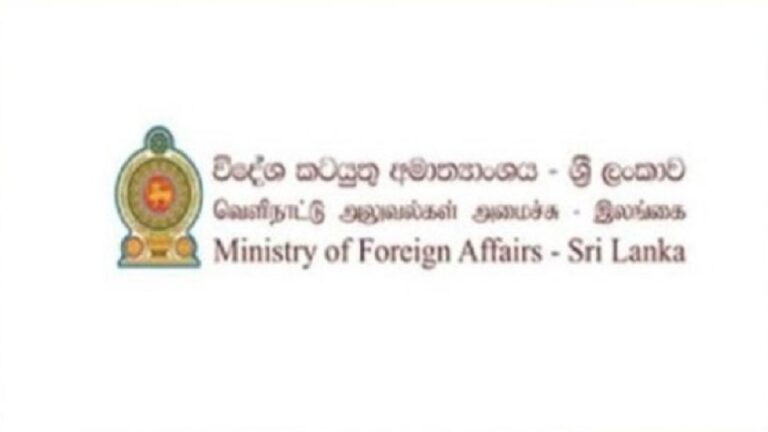October 19, Colombo (LNW) The Ceylon Electricity Board (CEB) clarified that its new management has not made any decisions against competitive procurement of diesel for electricity generation. In a statement released yesterday, W.F.M. Fernando, CEB’s Additional General Manager of Corporate Strategy, emphasized that the CEB has never utilized competitive bidding for diesel procurement, even under previous management.
Fernando reiterated the CEB’s commitment to maintaining competitive procedures in all business operations. The statement outlined that three types of fuel—Heavy Fuel Oil (HFO), Naphtha, and Diesel—are used for electricity generation. HFO and Naphtha, both byproducts of the Ceylon Petroleum Corporation (CPC) refinery, are acquired from CPC at mutually agreed prices, as no other viable suppliers exist. However, diesel can be procured competitively due to the availability of multiple suppliers, including new market entrants.
The CEB’s statement reaffirmed that no diesel for electricity generation has ever been procured through competitive bidding, including during the previous management’s tenure. The current management has not deviated from this practice. Fernando also pointed out that diesel is not considered an economically viable option for electricity generation, particularly in light of Sri Lanka’s commitment to reducing emissions and transitioning to cleaner energy sources.
Diesel power plants are only used to meet peak demand or when larger power plants are undergoing maintenance. As a result, the use of diesel for electricity generation is kept to a minimum. Up to September 30, 2024, only 1.1 percent of Sri Lanka’s electricity was generated using diesel, according to the statement.


